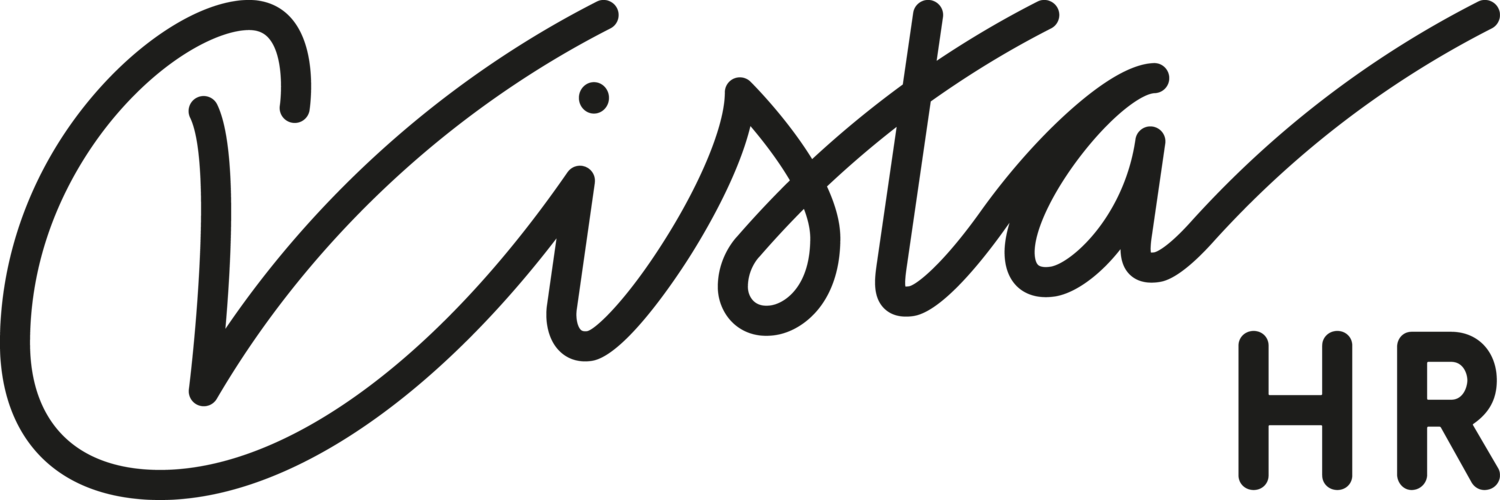While most candidates walk into an interview expecting to be asked to ask questions like "give a brief description of yourself", "tell me about your weak and strong points", or "why do you think you should be hired for this position", but most of the time an interview is more about that.
Interviewer might ask awkward questions during the interview that could have made interviewees uncomfortable. These questions mostly revolve around one's personal life and could be seemed as unrelated to the position that they are applying for.
Candidates often feels discomfort when being asked these questions due to the tone that the interviewer might have sound offensive or they are being caught off guard thinking that these questions are irrelevant to the interview.
Companies are now hiring employees not only based on their education level, they are looking for someone to join their company and is able to commit and perform together with the company on a long-term basis. By asking about questions that are out of the norm would allow the interviewer to understand where the candidate is coming from and whether they are fit for the position even better.
Questions like these can range from those related to your family status, religion, lifestyle to even personal habits.
Studies show that most candidates (40%) choose to answer the questions in a sensitive and tactful way. About 30 percent choose not to answer such questions, 20 percent gave their honest respond towards the questions, and the remaining 10 percent just walked out of the interview without responding.
Candidates are encouraged to respond in a polite way indirectly, for example if being asked about whether there are plans of expanding your family, you can reply politely by saying "not anytime soon".
So, for candidates who are preparing to go for an interview, they should not resist answering questions that might be awkward to them. There is always a reason to the questions that is being asked by the HR, instead of being caught off guard when being question, take some time to prepare yourself for these questions on top of the norms.

